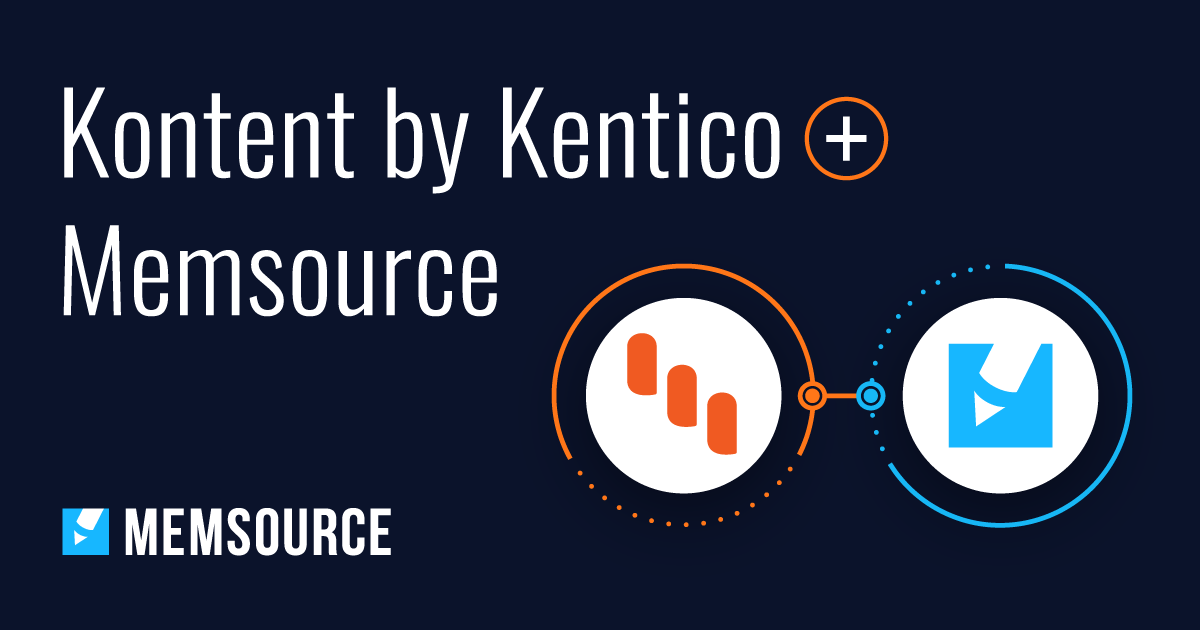
Blog
Machine Translation Report
What is the optimal MT Engine for you? Find out in the latest MT Report by Memsource.
 “Machines can translate the words, but the human is needed to translate the meaning, to add the context, and to breathe life into the words,” says Andreea Olteanu, a freelance translator based in Lucca, Italy who translates Italian to English.
“Machines can translate the words, but the human is needed to translate the meaning, to add the context, and to breathe life into the words,” says Andreea Olteanu, a freelance translator based in Lucca, Italy who translates Italian to English.
Andreea specializes in many industries, some of which include Information Technology, business/finance, arts/architecture, travel tourism, classical music, journalism, and marketing. She is consistently recognized by her clients and colleagues for not only delivering quality translations, but also providing flexibility, organization, and great communication skills.
How long have you been a translator? What steps did you take to get started in this career?
I started using Memsource three years ago and I have been working full time as a professional translator for seven years. I was at a point in my life where I was looking for a change in career after 10+ years in the IT industry in Canada/US. I wanted to leverage my technical skills and my business/communication skills (which had always been my strengths) in a career that offered me more personal and creative freedom. The lifestyle that I was essentially looking for involved less travel, less time in the office – but not less professional satisfaction. I initially began gaining experience working for a few local clients in Lucca, but then I joined the ProZ network and was quickly able to develop a wide network of clients, as well as to diversify the sectors in which I specialized.
What changes or trends in the translation industry have you seen since you began this career path?
Italy has a bit of a “love and hate” relationship with translations – you often come across very “creative” translations even when dealing with high profile companies. However, over the past few years, I’ve worked with more and more end-clients that are finally starting to understand the quality vs. cost conundrum, placing more value on the quality offered by a professional, native speaking translator, even when it comes at a higher cost. Also, while still looking to cut costs, many translation companies are beginning to understand that using translators as “post-editors” or as a “cleaning solution” to machine translations is not the ideal business model to pursue.
How do you think advances in translation technology will affect your business/workload?
I believe that technology is an indispensable tool that can continue to help improve and support the efficiency of the translator’s work, but I don’t believe we are anywhere near the point where technology can replace the human. Machines can translate the words, but the human is needed to translate the meaning, to add the context, and to breathe life into the words.
What have you found to be the best way to promote your business?
I have not really had the need to promote my business above and beyond the initial effort to develop my client base on ProZ. I focused on collecting feedback, applying to a select number of carefully selected job posts and always reinforcing the quality of my work with solid communication and collaboration. After a while, I found companies were recruiting me rather than the other way around.
How do you network with other freelancers? If you network at conferences, which ones have you found brought you the most success?
I have mostly met other freelancers through “shared” projects. It’s definitely something I would like to pay more attention to and get involved in.
How do you stay competitive in the translation market?
I continue to grow and challenge myself with increasingly “richer” content and more complex projects, but it is important to know when to say “NO” to a project before you find yourself in over your head. What’s more, in addition to a translator’s actual language skills, I believe there is a range of other supporting skills that make the difference – communication, collaboration, punctuality, professionalism, to name just a few. In a sea of highly qualified and experienced translators, these will often help you stand out.
With your experience using Memsource, what is your absolute favorite feature?
The two filter boxes at the top of the desktop Editor are absolutely priceless. They make it easy to search, edit, review terminology, to ensure consistency without the need to click on menus or navigate to other screens.
What have you found stands out while working within the desktop Memsource Editor or the online Web Editor?
The desktop editor is useful for working off-line when the situation calls for it and has been very reliable in a MAC environment. The in-context preview is a feature I would like to explore more.
What are your biggest expectations when working with a CAT tool?
I want a reliable CAT Tool that takes away the complexity and time-consuming aspects of the job – such as managing formatting, repetitions, terminology etc. – and allows me to focus on the actual quality of the translation. Memsource does an excellent job achieving this, within a reliable, intuitive, and well thought out interface that differentiates it from other tools I have used.
What are some obstacles you face as a translator today?
Working with translation companies that use different CAT tools and provide .xliff files in various formats rather than source documents. Memsource is very efficient and reliable in terms of supporting this type of need.
What’s your best advice for your fellow translators who are new to the business?
Being a successful translator is not just about your actual language skills and your ability to deliver a quality translation. Focus on the whole package – professionalism punctuality, consistency, flexibility – and select a CAT tool that supports you in achieving these.
As a translator, how does Memsource make your life easier?
CAT tools certainly have their range of advantages and disadvantages that are often subject to much debate in our profession. To me, however, Memsource really stands out thanks to its efficient interface, its focus on supplying translators with the right tools that support their work without introducing unnecessary complexity, to its dual desktop/web editors, its excellent MAC support and last but not least, the professionalism/responsiveness of the custom service team, which should never be underestimated.
——————–
Not using Memsource yet?
Are you a freelance translator and want to try out Memsource? Start your free trial today.


